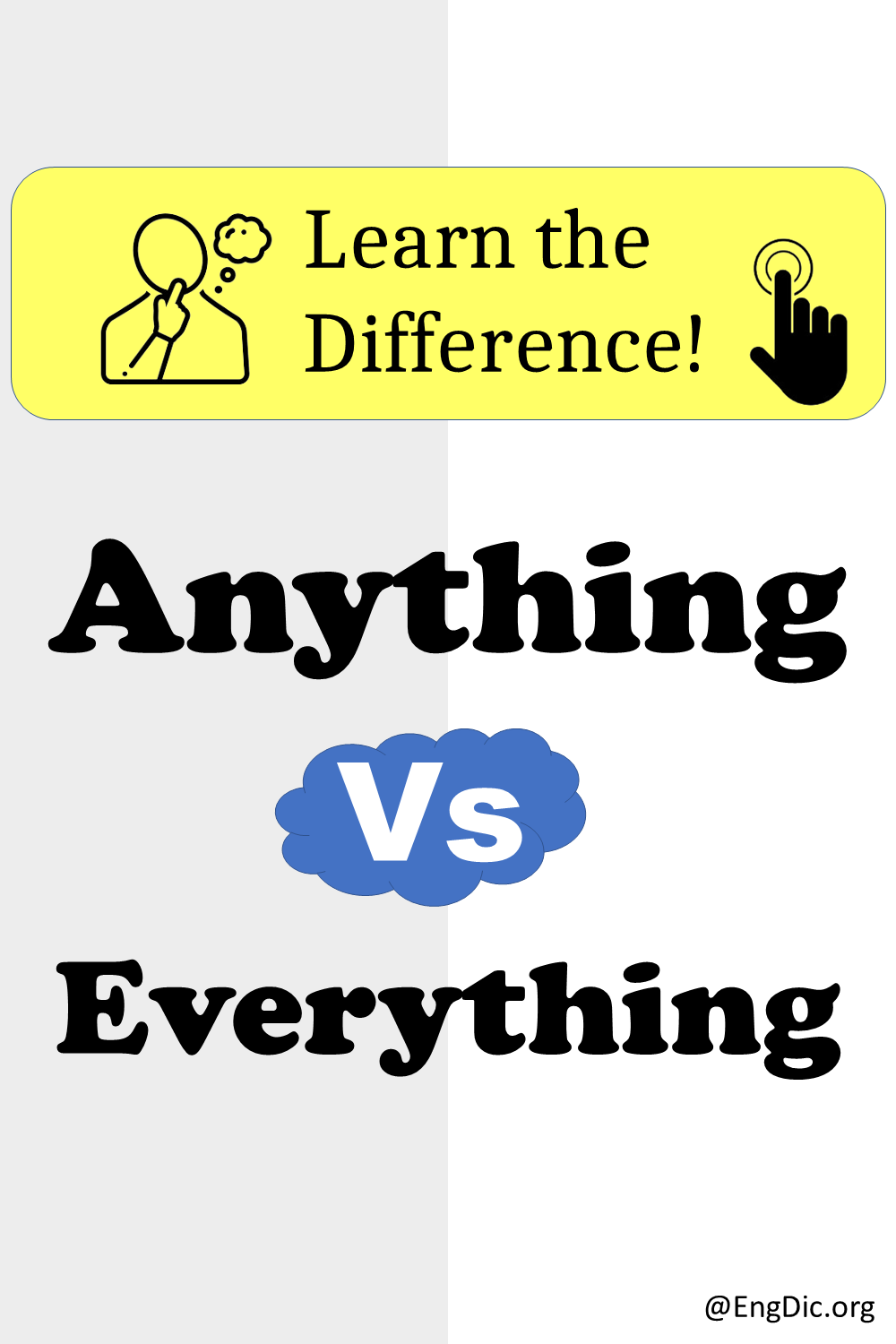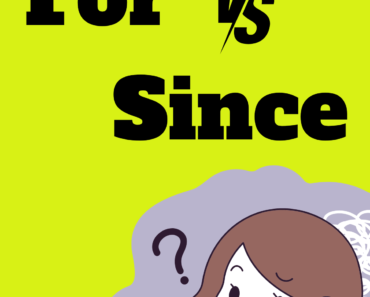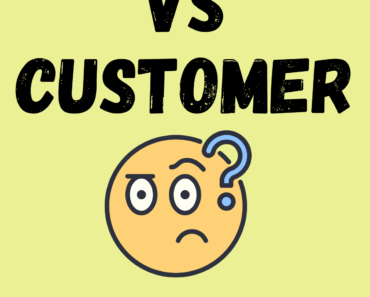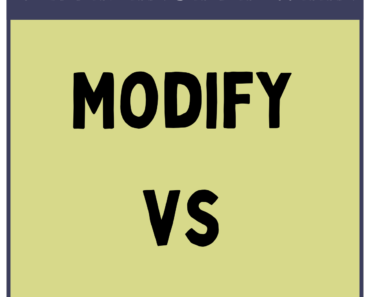When discussing “anything” versus “everything,” it’s important to understand the nuances in their meanings and usage. Both words are pronouns that signify an amount or number of items, but they are used in different contexts and convey different scopes of inclusion.
Learn the Differences
Anything
Meaning: “Anything” refers to any part of a possible set of items, elements, or events, without specification or limitation. It is often used in the context of possibilities or potential.
Usage: This word is typically used in questions and negative sentences to imply any one of an indefinite number of things.
Example:
Question: “Can anything be done to resolve this issue?”
Negative: “I can’t find anything to wear.”
Everything
Meaning: “Everything” refers to all items in a particular set or all elements of a particular situation. It is inclusive, encompassing the total number or scope.
Usage: It is used when the speaker wants to include the total sum of components, often in affirmative or declarative statements.
Example: “Everything is ready for the party.”
Contextual Usage
Questions and Answers:
Anything: “Is there anything I can help with?” implies any single or few ways to assist.
Everything: “Did you get everything you needed?” implies checking on the completion or total acquisition of needed items.
Expressions and Idioms:
Anything goes: This phrase suggests that all types of behavior are acceptable.
Everything but the kitchen sink: This idiom means including almost everything, even unnecessarily many things.
Conclusion
Understanding when to use “anything” versus “everything” hinges on recognizing whether you are referring to an unspecified part of a group (anything) or the entire group itself (everything). This distinction enhances clarity and precision in communication.







